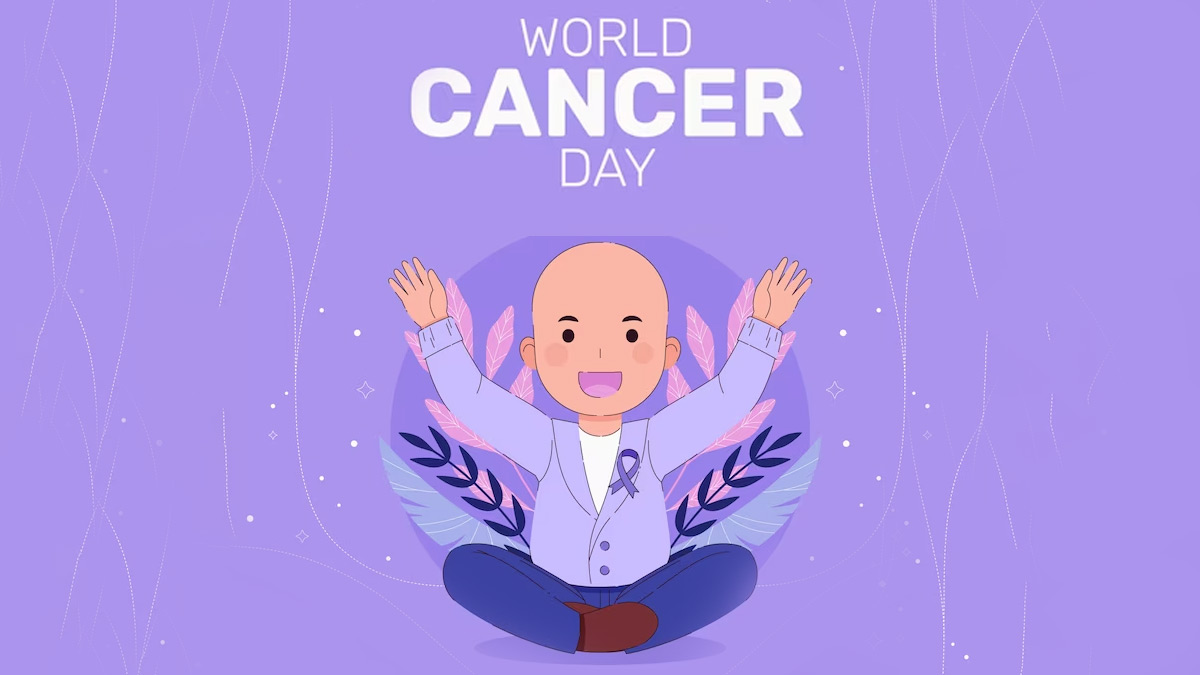Your arteries are an integral part of the circulatory system, responsible for delivering oxygen-rich blood throughout the body. Unlike veins, arteries carry blood away from the heart and not towards it, simultaneously distributing oxygen, nutrients, and hormones throughout your body. It is their thick, elastic walls that allow them to stretch and shrink back with each heartbeat, efficiently pushing blood onward. This constant flow ensures that every cell in your body receives the vital oxygen and nutrients it needs to function properly. However, some factors may cause hindrances to smooth functioning, leading to various complications.
Speaking with the OnlyMyHealth team, Dr Ashish Agarwal, Director – Cardiology, Aakash Healthcare, New Delhi, sheds light on the risk of narrowed and hardened arteries and explains why it occurs.
Also Read: THIS Cholesterol Symptom Could Strike At Night: Other Warning Signs To Note
What Is Atherosclerosis?
Atherosclerosis, or, in simple terms, ‘hardening of the arteries,’ refers to a condition that occurs when the blood vessels (arteries) that transport oxygen and nutrients from the heart to the rest of the body become hardened or stiff.
Dr Agarwal says that this blockage not only hardens the arteries but also narrows the arteries’s lumen, compromising blood supply to the respective organs and tissues.
The condition mainly develops due to plaque buildup, or fatty deposits, in the arteries. According to the American Heart Association (AHA), these deposits are “made up of cholesterol, fatty substances, cellular waste products, calcium, and fibrin, a clotting material in the blood.”
What Causes Hardening Of The Arteries?
Atherosclerosis is not something that occurs suddenly. Instead, it is a ‘slow, lifelong progression of changes in the blood vessels that may start in childhood and get worse faster as you age,’ as per the AHA. The health body lists four possible causes of such damage, which include:
- Elevated levels of cholesterol and triglycerides in the blood
- High blood pressure
- Tobacco smoking, such as cigarettes
- Diabetes
Dr Agarwal further attributes the condition to obesity as well as a sedentary lifestyle.
Moreover, a family history of a common inherited cholesterol disorder called familial hypercholesterolemia, old age, inflammatory diseases, and an unhealthy diet can contribute to the risk.
Also Read: Expert Lists Foods To Prevent Arteries From Clogging
Complications To Consider

Managing atherosclerosis is of utmost importance, especially for your cardiovascular health.
Plaque buildup can not only slow down the blood flow from the heart to the rest of the body; over time, it can also block the arteries, cutting off blood flow completely.
If that happens, there is a serious risk of a heart attack or stroke.
“When arteries harden due to fatty deposits, they restrict blood flow to organs, potentially leading to conditions like heart attacks, paralysis, or gangrene, depending on the affected organ,” Dr Agarwal highlights.
There is also a high risk of Atherosclerotic Cardiovascular Disease (ASCVD), which includes conditions like acute coronary syndrome and peripheral artery disease and can cause stable or unstable angina (chest pain), Transient ischemic attack (TIA), or aortic aneurysm, as per the AHA.
Preventive Strategies

“The most effective way to prevent artery hardening is by addressing the underlying risk factors, such as managing diabetes, hypertension, and smoking, while adopting a healthy lifestyle that includes regular physical activity, daily exercise, and a diet low in carbohydrates and fats but rich in fruits, vegetables, and fibres,” shares Dr Agarwal.




You must be logged in to post a comment.